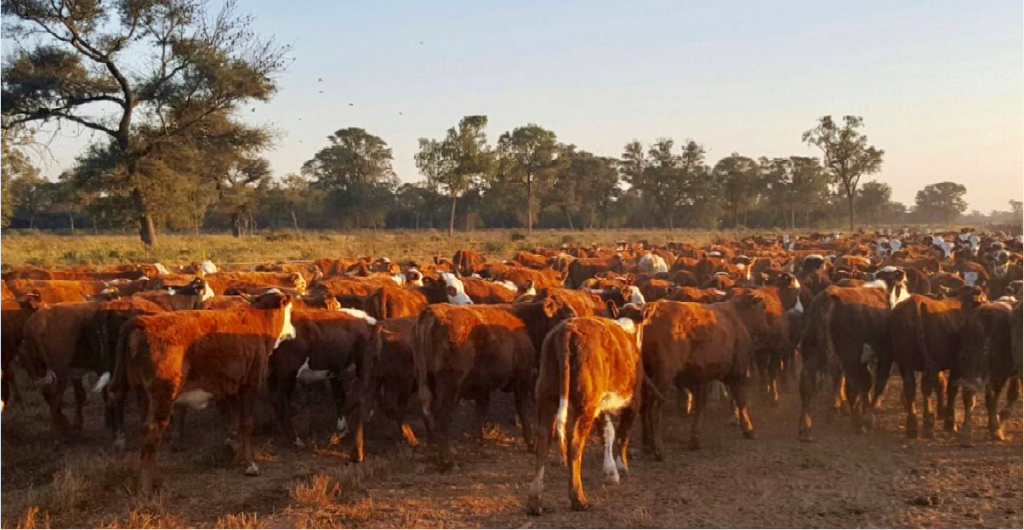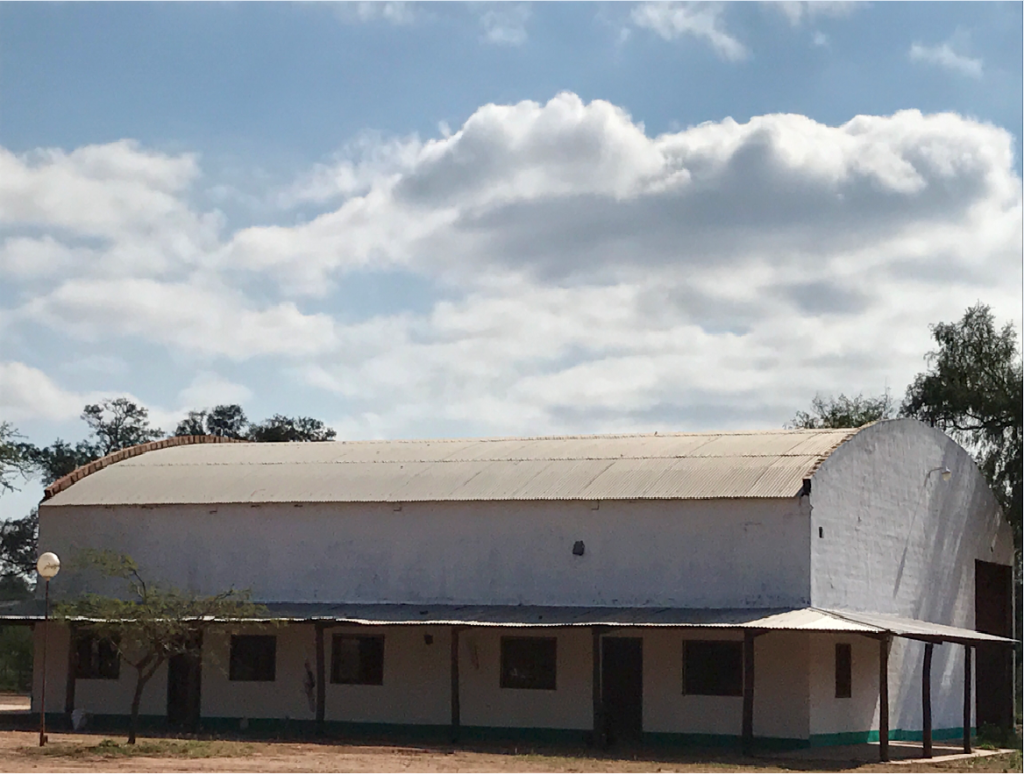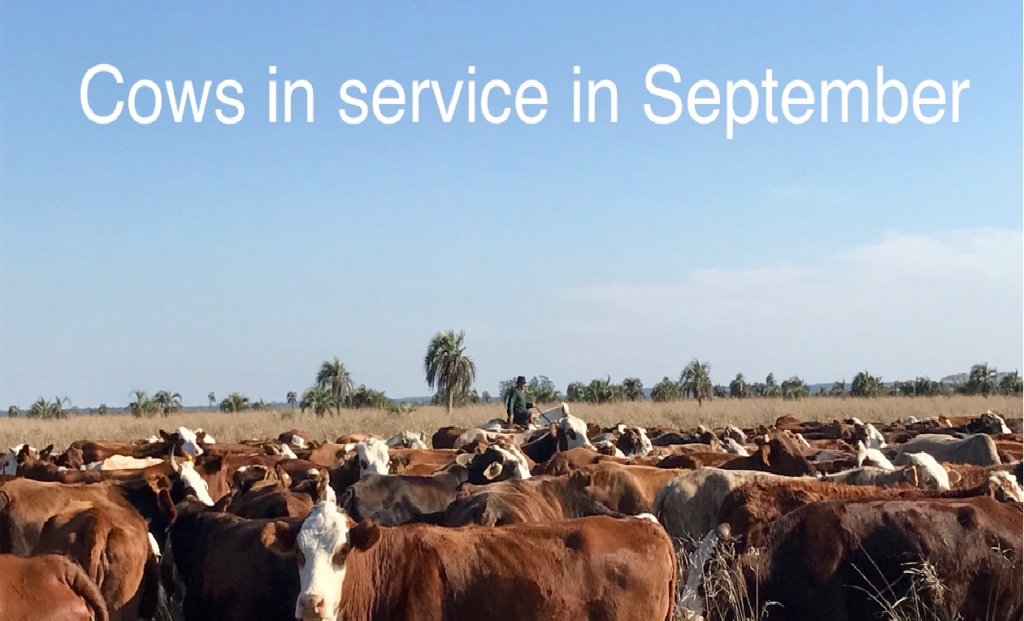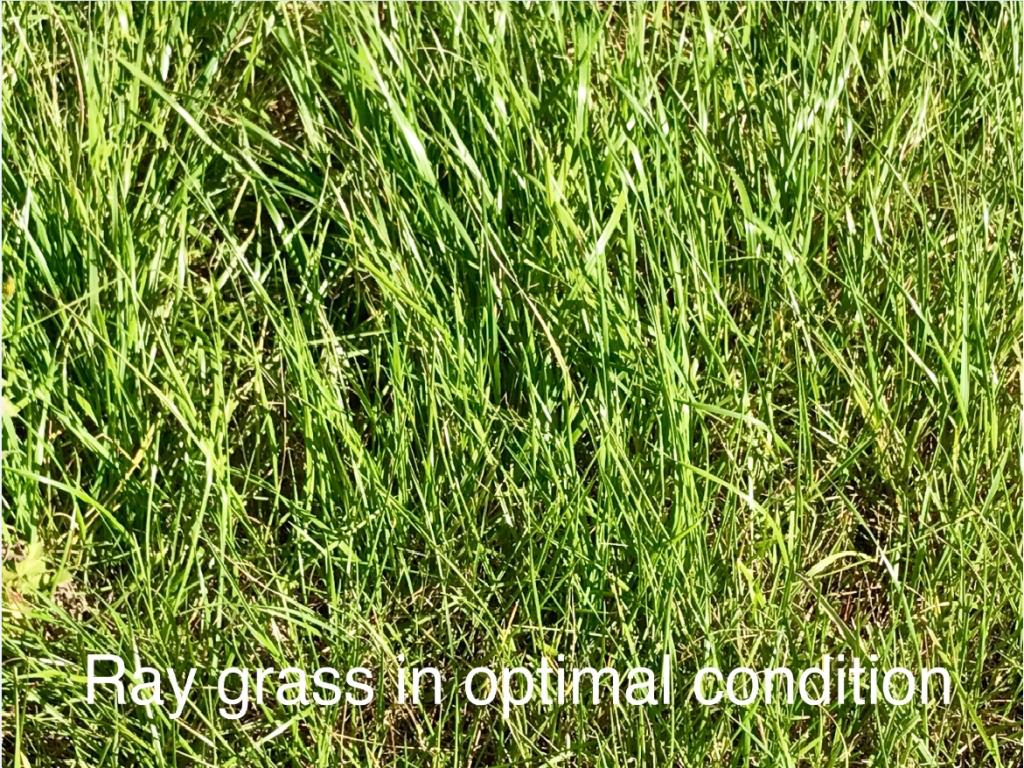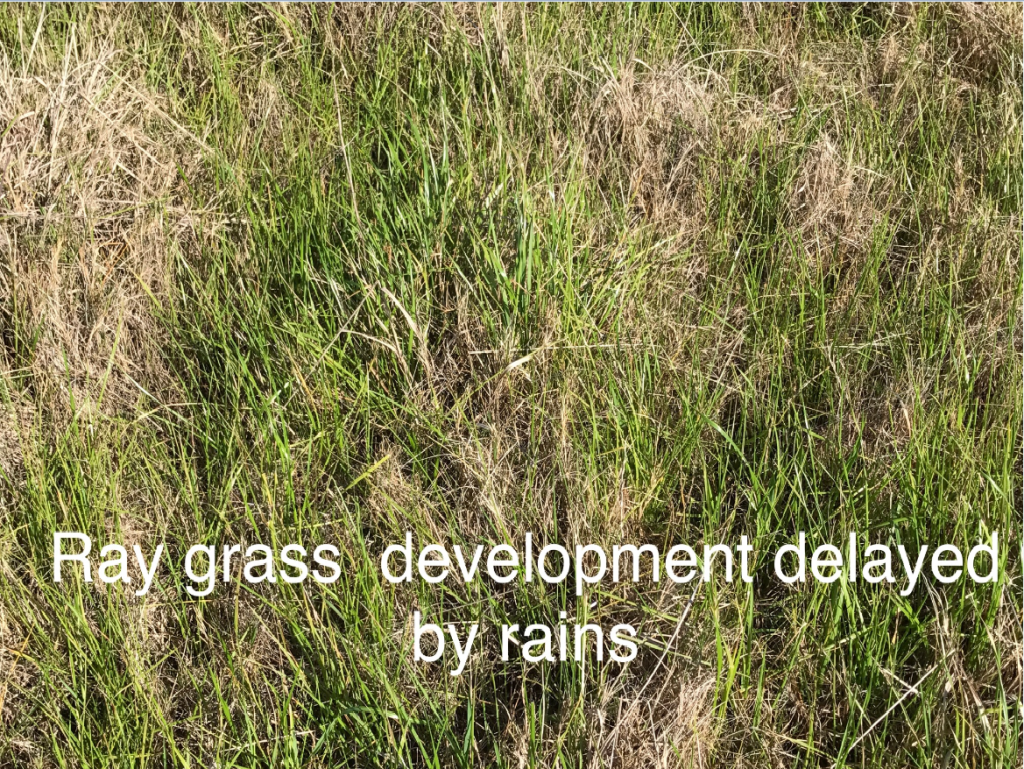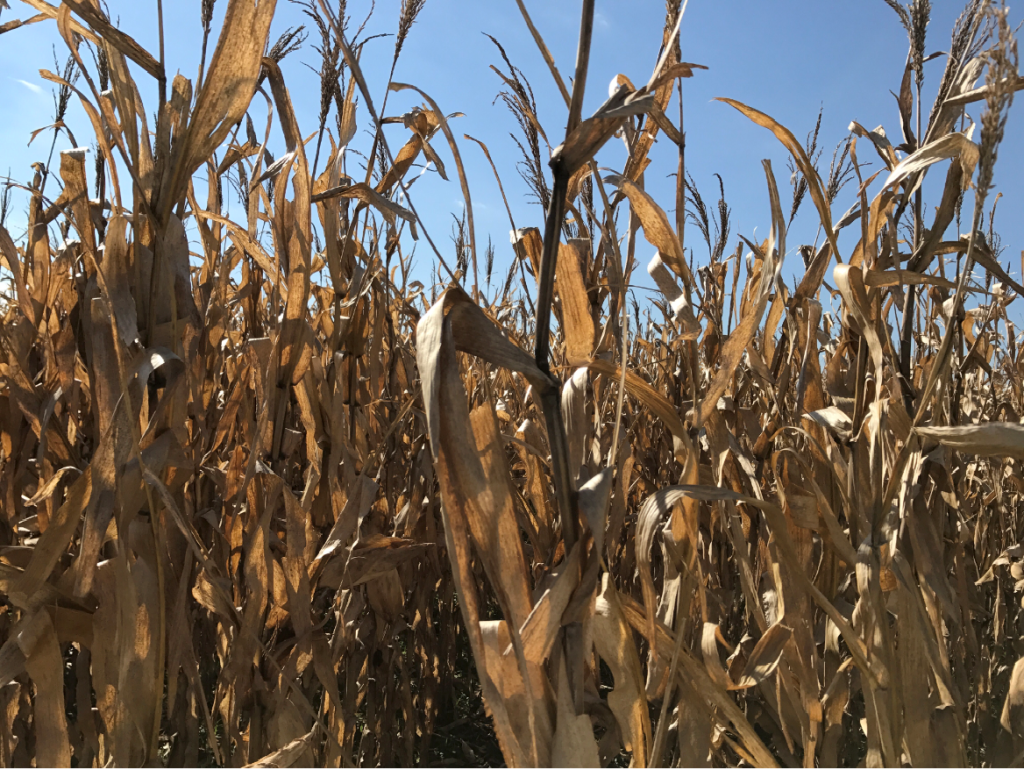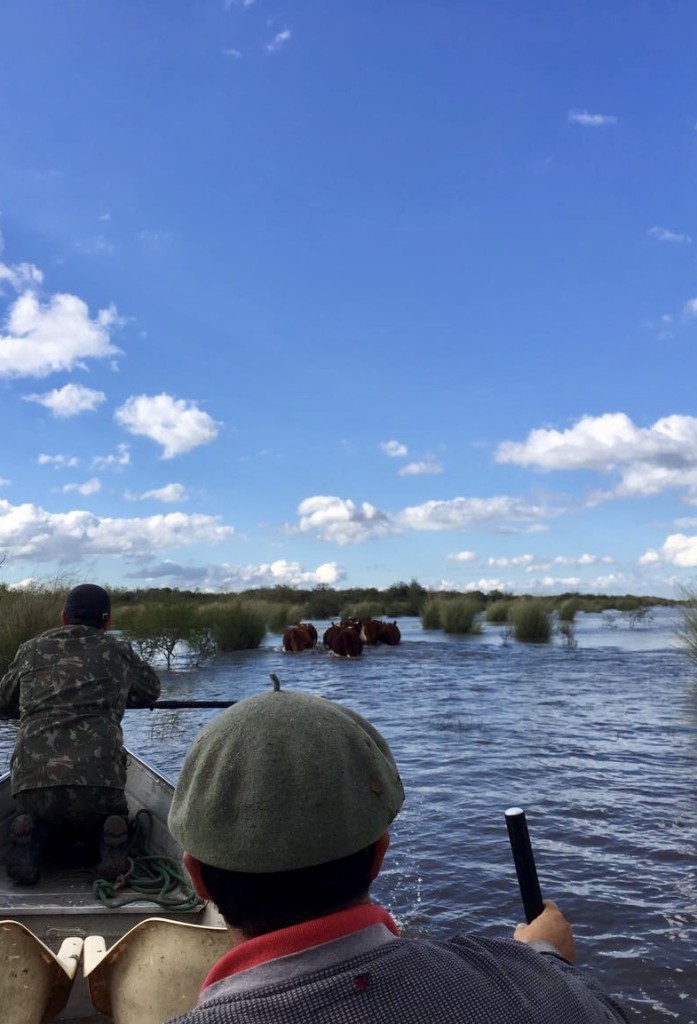The campaign for the August primaries is on (PASO) and politics is starting to monopolise the attention. General elections will take place on October 22. Although activity is recovering and inflation is falling, this is happening too slowly and too unevenly across sectors and regions for most voters to notice by August. The economy may have more political impact in the October election. Mid-term elections will renew half the seats in the Lower House of Congress (127), and a third of the seats in the Senate (24).
The main contenders are the Cambiemos alliance (pro Macri coalition) and the two main opposition groups: the Front for Victory (FpV) coalition of former president Cristina Fernández (2007-15), which remains the strongest adversary to Macri in Congress, and the Renewal Front (FR) coalition led by Sergio Massa, perceived as a more moderate and cooperative faction of the Peronist political movement.
The most interesting contest takes place in Buenos Aires province where former president Cristina Kirchner decided to run for a seat in the Senate. The government needs to show it can beat the former president in her (and Peronism’s) stronghold. It may fail to do so in August, but will probably do it in October. Losing against her would raise the spectre for investors that “Kirchnerismo” and its business-unfriendly policies might return in 2019.
On the other hand, Cristina Kirchner must prove she is still relevant within the Peronist party, and worthy of consideration for a run for the presidency in 2019. Another very important fact is that she would enjoy judicial immunity provided by a Senate seat considering all her current legal troubles.





